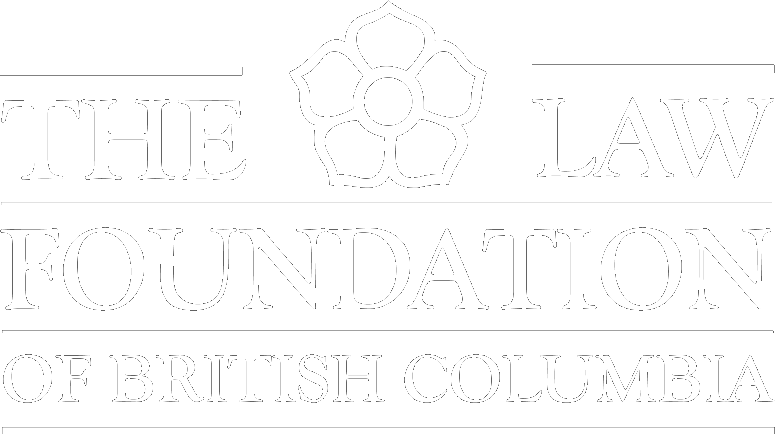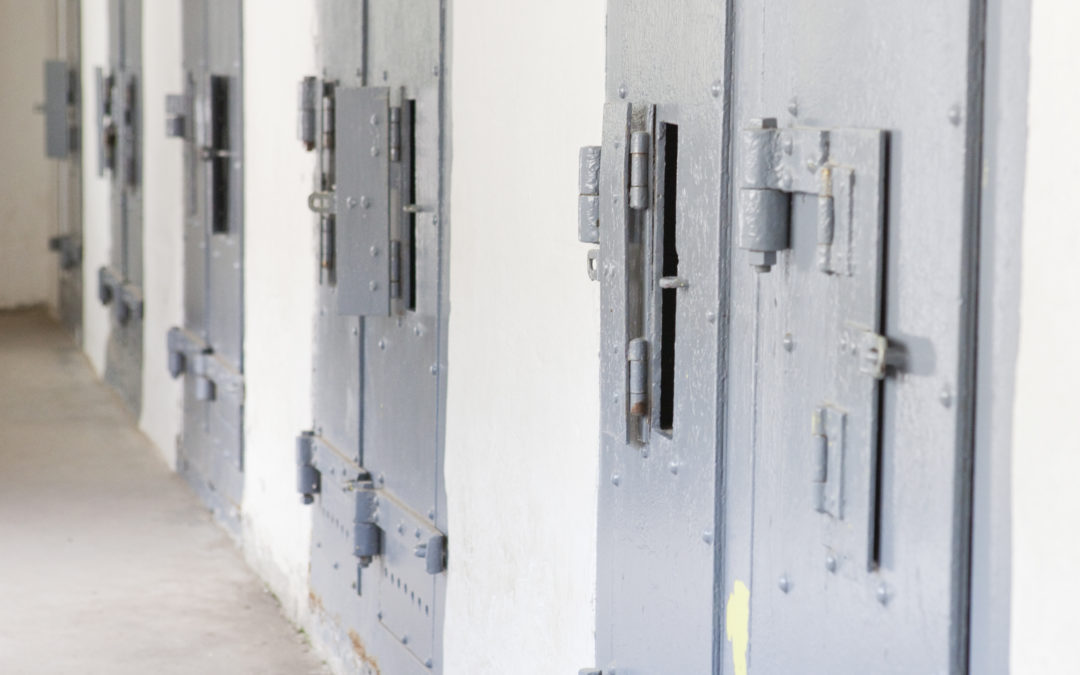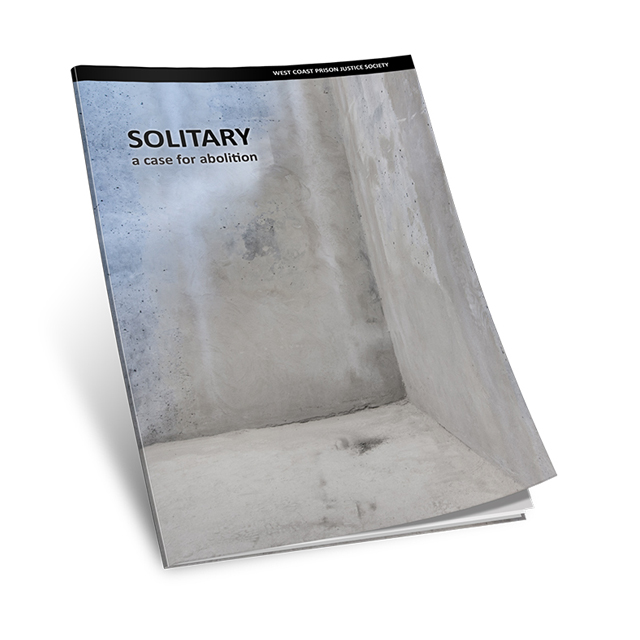
Disciplinary Charges
DISCIPLINARY CHARGES
Prisoners’ Rights Group Takes BC to Court Over Unfair Prisoner Disciplinary System
On May 12, 2015, WCPJS filed a lawsuit against the BC government challenging the fairness of the BC Corrections’ prisoner disciplinary system.
In BC, prison staff
Correctional staff can impose sanctions as severe as solitary confinement when a prisoner is found guilty of breaking an institutional rule.
Prisoners can appeal convictions to the Investigation and Standards Office, who routinely find the prisoner’s right to an impartial, unbiased decision maker was violated.
At some BC prisons, the conviction rate is approximately 90%. About 50% of appeals to the Investigation and Standards Office are successful.
“By the time the appeal overturns the conviction, prisoners will have served most or all of the sentence in solitary confinement. A successful appeal is a hollow victory for most prisoners”, says Jennifer Metcalfe, Executive Director of Prisoners’ Legal Services, a project of WCPJS.
Prisoners are found guilty on the low “balance of probabilities” standard of proof, rather than the higher criminal standard of “beyond a reasonable doubt”. This means that prisoners can be held in solitary confinement for up to 30 days for one breach, and up to 45 days for more than one breach, even if the decision-maker is not sure the prisoner committed the breach. The lawsuit also challenges the use of the lower standard of proof.
“When prisoners feel they have been treated unfairly, it does not foster a respect for the rule of law, which is essential to their rehabilitation as law abiding citizens”, says Metcalfe.
To read the Notice of Civil Claim, click Here.
For more information please contact:
Jennifer Metcalfe
Prisoners’ Legal Services
604-636-0470
jmetcalfe@pls-bc.ca
Tonia Grace
Grace, Snowdon & Terepocki
604-744-1066
tgrace@gstlegal.ca
Prisoners’ Legal Services
302-7818 6th Street
Burnaby, BC
Tel: 604-636-0470
Fax: 604-636-0480
Email: info@pls-bc.ca

We are grateful for the
funding provided by

How to Show Your Support
Help us to continue to fight for the human rights of prisoners in BC! PLS is currently litigating the important systemic issues of the segregation of prisoners with mental disabilities, access to health care, transgender prisoner rights, and access to religion and Indigenous spirituality. We need help to continue to do this important work. Donations to West Coast Prison Justice Society are non-charitable and are not tax deductible.
Donations can be made to
West Coast Prison Justice Society
Please call us at 604-636-0470 or email us at info@pls-bc.ca if you would like to discuss your donation.
Thanks for your support!




